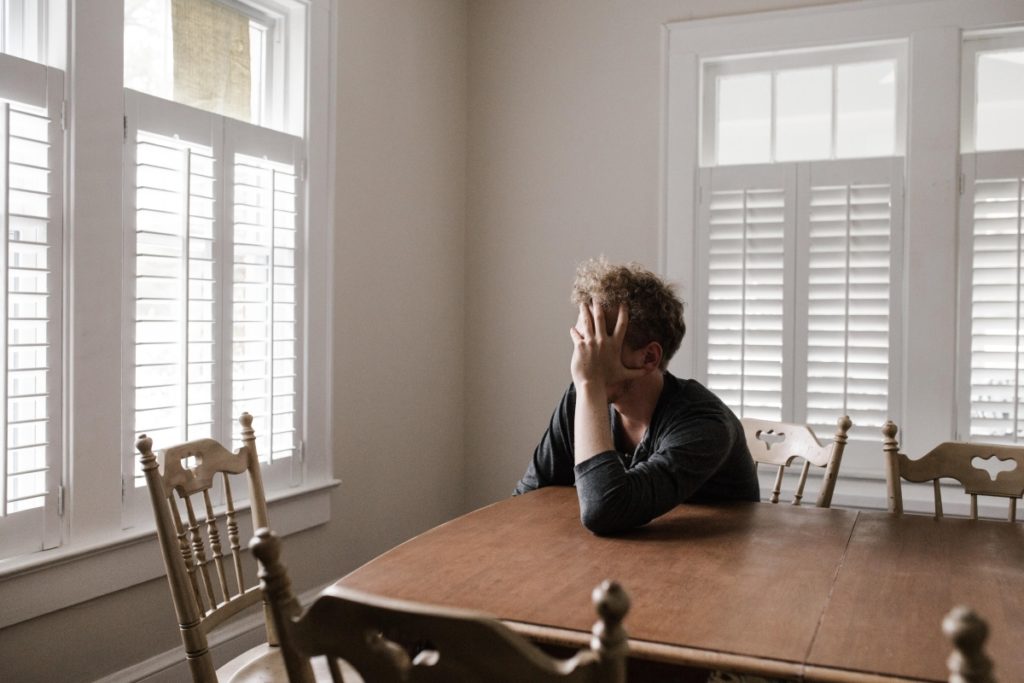What You Need To Know About Reactive Depression
We have all been through tough times at some point in our lives. Certainly, these times have been very life-changing but also devastating. Even the toughest of us fall into a deep depression from traumatic experiences that we aren’t equipped to handle.
Being at such a bleak point in your life can pull you deeper into it. However, please remember that it happens even to the best of us. Therefore, understanding reactive depression could be enough to turn it all around.
Here is a look at one of the most common forms of reactive depression.
What Is Reactive Depression?
Reactive Depression is a form of depression that comes after experiencing a major stressful event in life. In other words, the grief becomes too much and takes getting used to and adjusting to.
Circumstances can be from grieving for loved ones, getting fired from your job, major accidents, life-threatening diagnoses, or any series of unfortunate events that’s sure to throw you off and change your life.
What Causes Reactive Depression
Reactive depression is a mental as well as physical condition. It happens as a reaction caused by certain occurrences. In most cases, we try and adjust to life changes, and stress levels and emotions are normalized after a few months. However, this isn’t always the case.
However, there is cause for concern when depression persists and leading to self-sabotaging or destructive behaviors. So, an adjustment disorder develops, and therapy and medication become necessary to remedy the condition although, the treatment is short-term in most cases.
What Are The Symptoms Of Reactive Depression?
You are likely to show symptoms of situational depression three months after the occurrences that cause them. However, these symptoms can either be emotional or behavioral.
Emotional changes include:
- Feeling nervous, desperate, and overwhelmed
- Suicidal thoughts
- Persistent hopelessness, sadness, anxiety, and worry
- Sleeping problems
- Concentration issues and moments of uncontrollable crying
- Being incapable of enjoying anything
Behavioral changes include:
- Withdrawal from family, friends, and social gatherings
- Inability to perform well at work or school
- Erratic and reckless behavior such as driving too fast or anger outbursts
- Inability to attend to your daily routine or to be unable to pay your regular utility bills
How To Diagnose Situational Depression
The safer choice is to bring these matters to experts in the field and speak about whatever you are going through. Furthermore, these experts have the authority to help you in better managing the situation and guide you with possible medication.
How To Treat Situational Depression
Your doctor might prescribe anti-depressants , and the treatment depends on the seriousness of the condition, its duration, and the doctor’s recommendations.
Treatment can include:
- Antidepressant medication
- Psychotherapy: This could be either one on one therapy sessions with a psychiatrist, or a group counseling session, or a therapy session including family members
- At-home treatment like exercising, getting enough sleep, and enrolling in a support group.
The best way to prevent falling prey to situational depression is to prepare for it. Especially if you know there’s a certain life-changing event about to occur. Hence, preparing for it will help you cope with the changes better.
